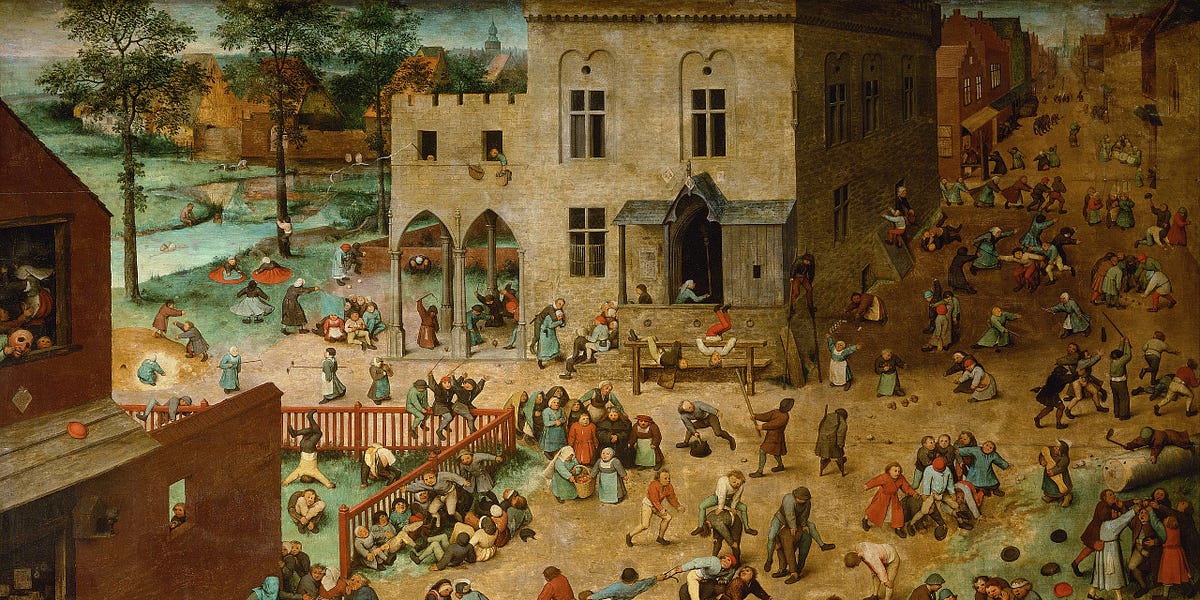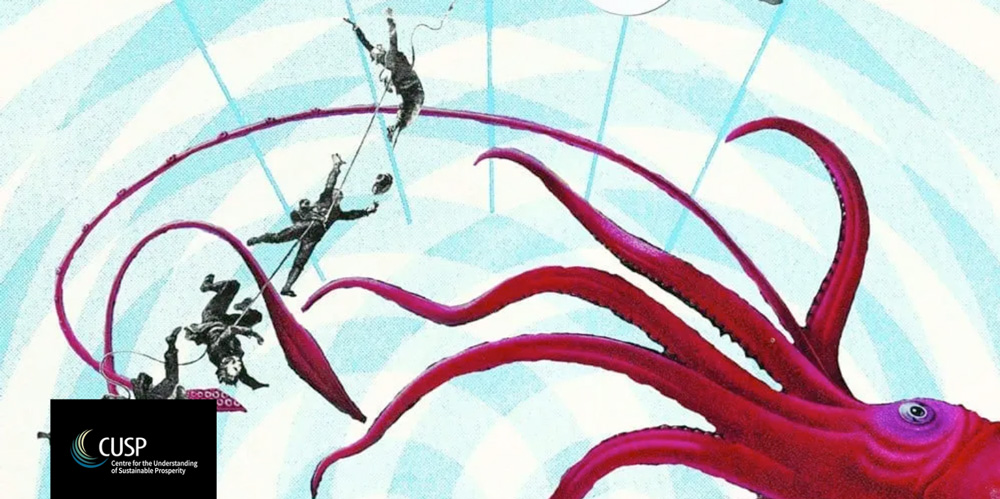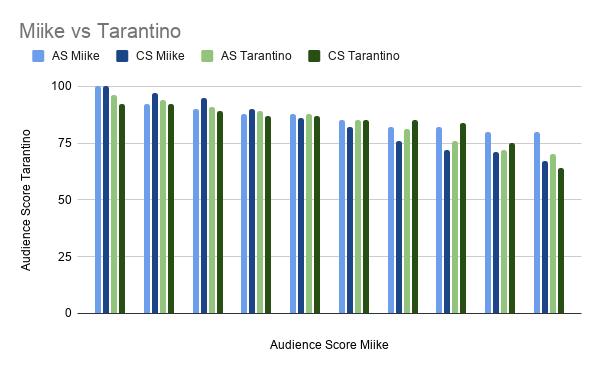kev
Another Intermezzo Place


A Community or a Club?

But Haidt also spends a fair amount of the book exploring a comprehensive moral matrix (fascinating) along with the need for the divine—or specifically, a need to belong to something bigger than ourselves, balanced by a hunger for awe. He spends a fair number of pages exploring (and gently denouncing) the New Atheist movement for (willfully) misunderstanding the role of religion in peoples’ lives—he points out that people are motivated to show up for each other not because of shared beliefs but because of belonging. Absent something to belong to, we are adrift.



Crashing Into Something or Someone, Perhaps Repeatedly and Only for Fun

society has moved towards an overabundance of caution around kids
Paradise Lost?—Existential anxiety and the iron cage of consumerism | Blog by Tim Jackson
by TIM JACKSON

weekly Objet library and Consumerism
The iron cage of consumerism:
the profit motive stimulates a continual search for newer, better or cheaper products and services
our own relentless search for social status lock us into an escalating spiral of consumerism
The language of cool is conveyed through a vocabulary of the new.
Confidence in our place in the social world hangs or falls on our ability to participate in consumerism.
We created these conditions [above ☝️].
The restless desire of the consumer is the perfect complement for the restless innovation of the entrepreneur. […] The ‘iron cage of consumerism’ is a system in which no one is free.
I want to argue of course that modern society has internalised a number of specific functions of world maintenance within the dynamics and organisation of consumerism.
The language of stuff:
This is one of the key lessons from the sociology of consumption. It is now broadly accepted that material things are deeply implicated in the social and psychological fabric of our lives. This role depends heavily on the human tendency to imbue material artefacts with symbolic meaning.
Mary Douglas (1976, 207):
“[a]n individual’s main objective in consumption is to help create the social world and to find a credible place in it.”
If consumption plays such a vital role in the construction and maintenance of our social world, then asking people to give up material commodities is asking them to risk a kind of social suicide. People will rightly resist threats to identity. They will resist threats to meaning.

